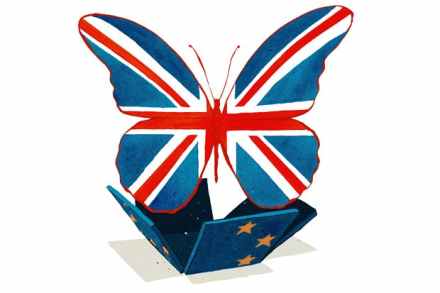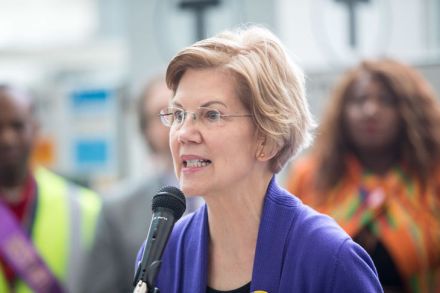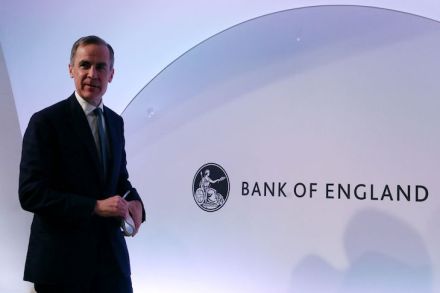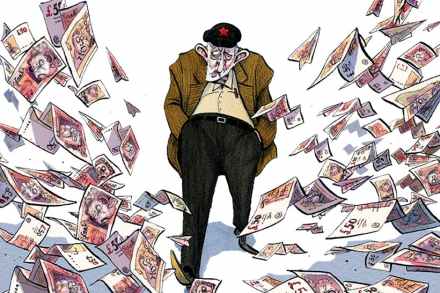The myth of the Great British Brexit trade policy
It makes almost no sense for the Brexit debacle to have come down to the issue of an ‘independent British trade policy’. Trade was not a central issue at the referendum and remains wildly misunderstood by public and politicians alike. But we are where we are. If we end up crashing out by accident, or the May government tears itself apart, it will be on the pretext that significant numbers of Tory MPs want that independent trade policy and cannot stomach the restrictions that a customs union would put on Britain’s freedom over trade. It’s hard to know where to start with trying to dismantle the trade illusion, so long




















